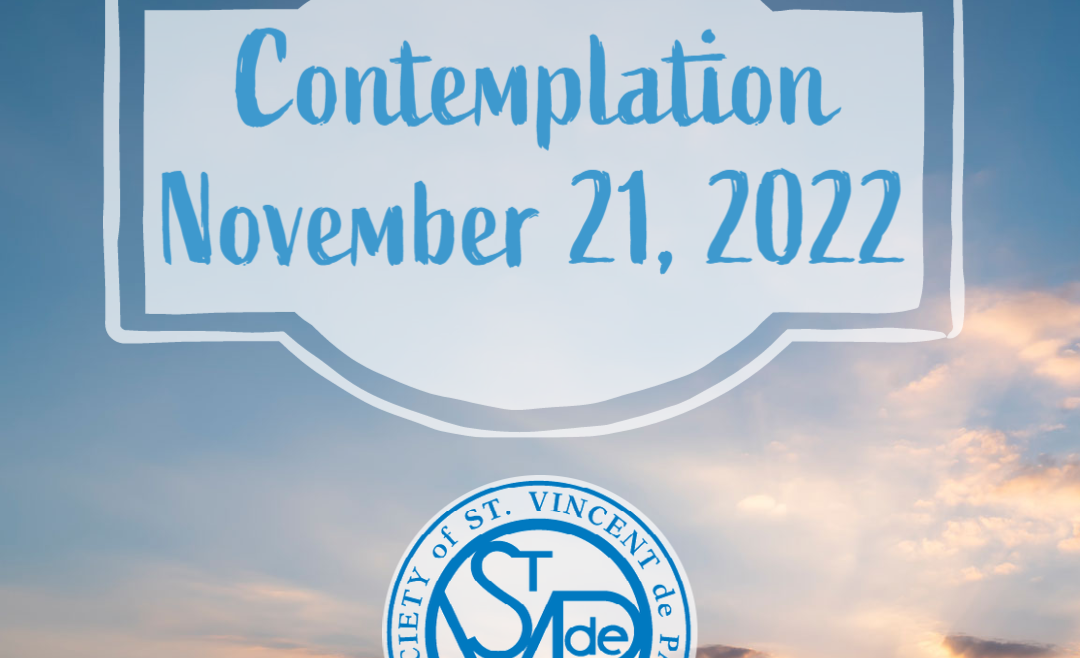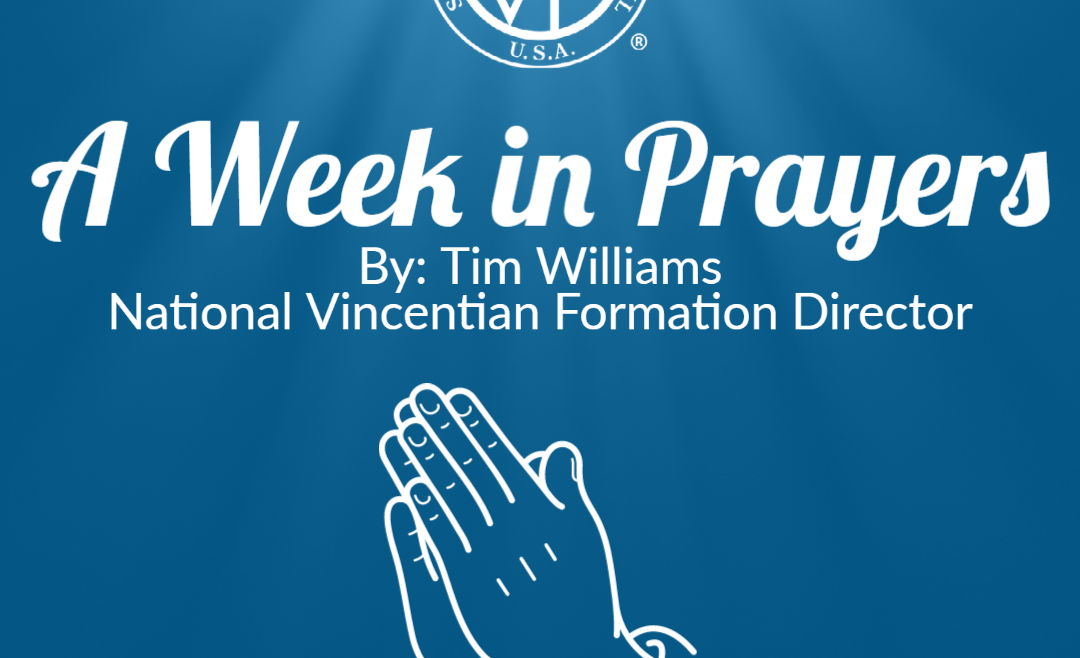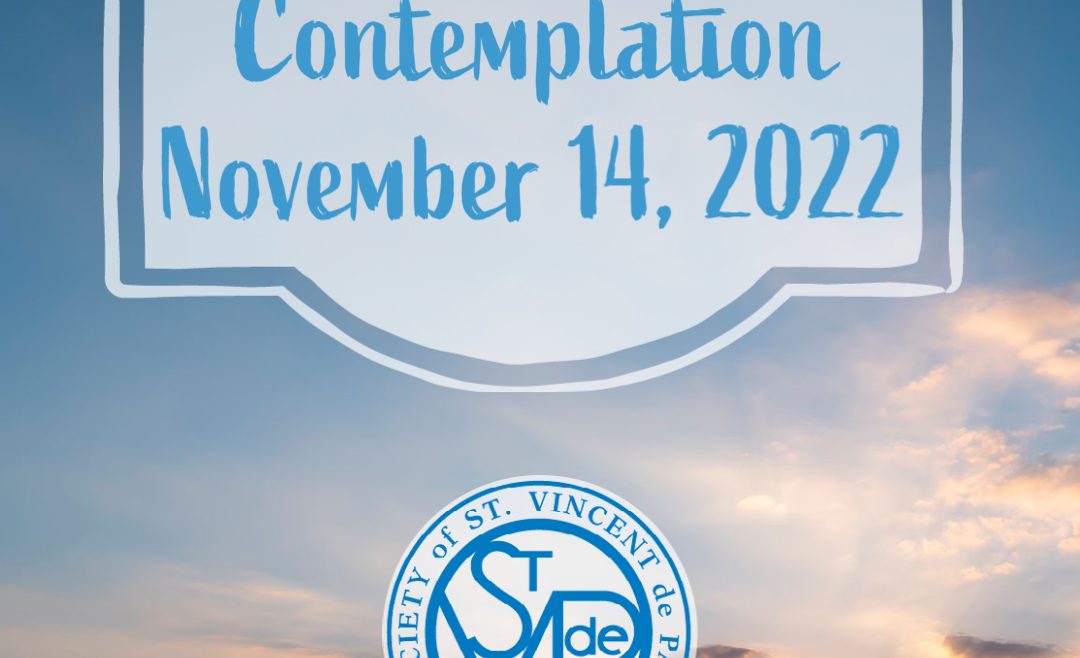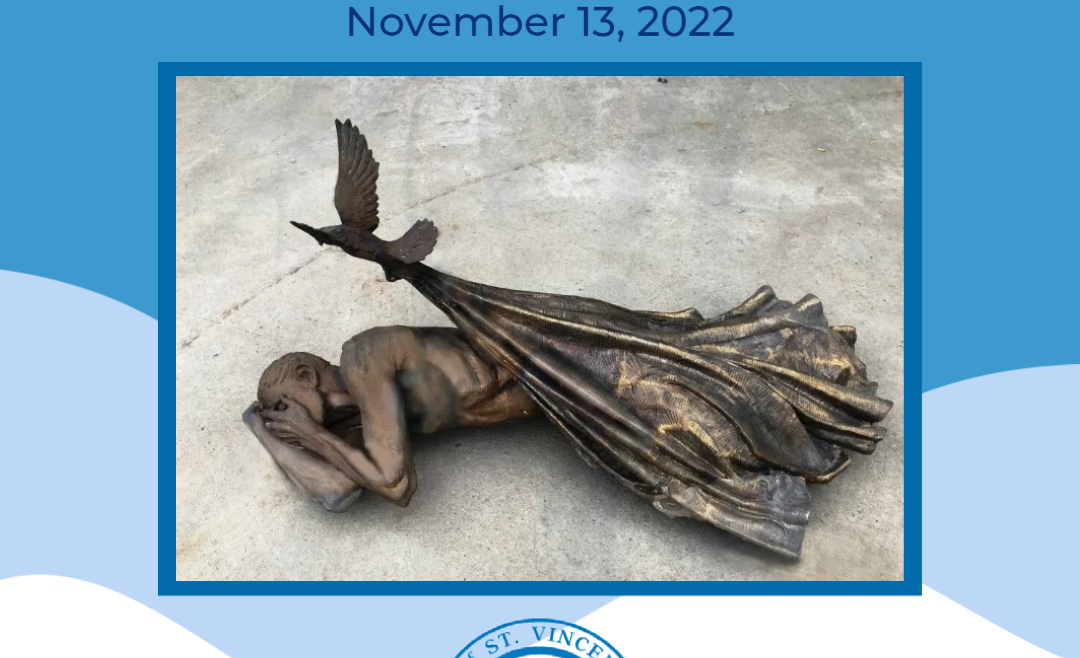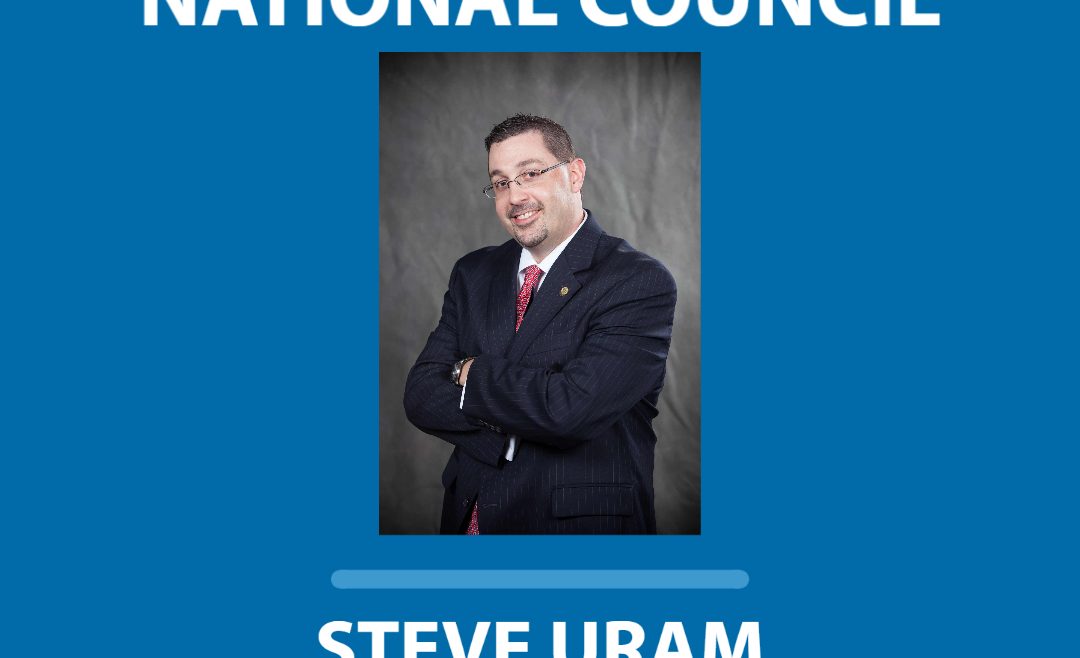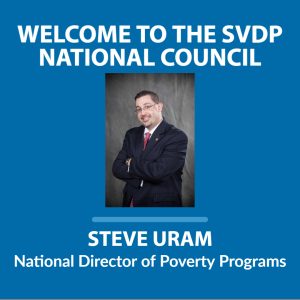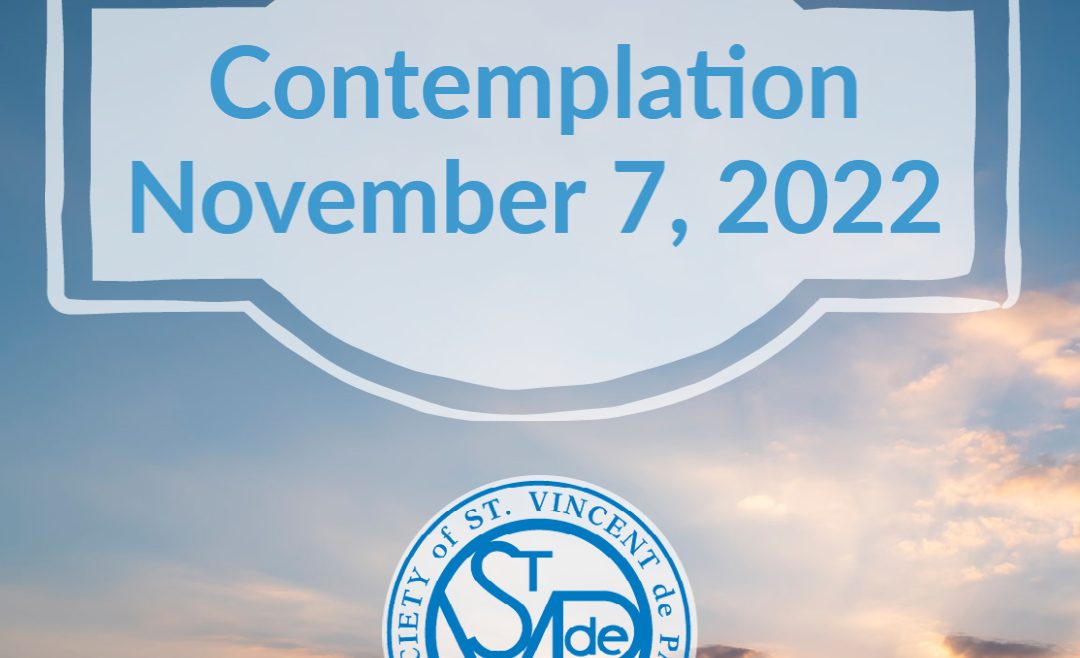Our Manual explains that Vincentians “trust in Providence” in our works and in our lives. [Manual, p. 63] We understand this to mean, as Christ taught in the Sermon on the Mount, that we should not worry about tomorrow, that we should let the day’s own troubles be enough. [Matthew 6:25-34] But how do we live this belief in our Conferences?
In one sense, it would seem that trust in Providence is a call to passivity – just sit back and let God take care of it! Yet neither Jesus, St. Vincent, nor Bl. Frédéric suggest anything of the kind. While assuring us that God knows of our needs and will provide, Jesus reminds us to “seek first the Kingdom”, which he contrasts to the flowers God cares for, though “they do not work nor spin.” [Ibid]
St. Vincent was a man of action, who famously called his followers to love God with the strength of their arms and the sweat of their brows! [CCD XI:32] We begin with discerning the will of God, then acting upon it, trusting in Him to provide us with what we need. We already know that serving the poor is the direct, expressed will of Jesus Christ. Waiting to act on that, when you think about it is, at least to a degree, a failure of trust.
Similarly, writing extensive and detailed assistance guidelines meant to cover all circumstances is an example of “treading on the heels of Providence” to use one of Vincent’s often-used phrases. Rather, we should be guided by Frédéric’s teaching, that in works of charity “it is necessary to give yourself up to the inspirations of the heart rather than the calculations of the mind. Providence gives its own counsel through the circumstances around you, and the ideas it bestows on you. I believe you would do well to follow them freely and not tie yourselves down with rules and formulas.” [Letter 82, to Curnier, 1834]
Trusting in Providence means trusting that when we seek to do God’s will, the outcome of our works also will be His will. God provides, but he also knows what we need, even when we do not. We can and should plan ahead – fundraising is part of that – but God calls us first to provide for the neighbor before us, for the troubles of their day, not for our treasury balance tomorrow.
Trust in Providence presents us with one of the ironies of our vocation. Letting today’s troubles suffice, without a thought to tomorrow, would seem to be very short-sighted. Yet by doing this, we fulfill God’s will, seeking His eternal kingdom, which is the longest-term vision we can possibly have.
Contemplate
Do I sometimes let my worries for the future drown out the cry of the poor today?

